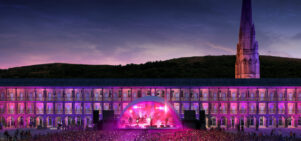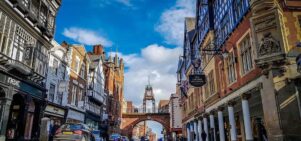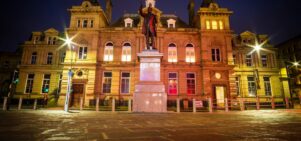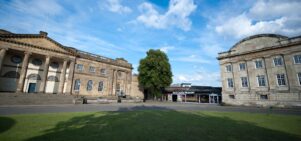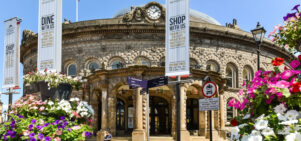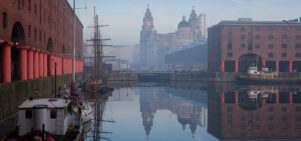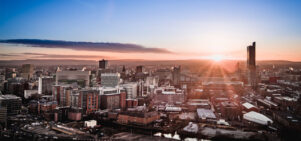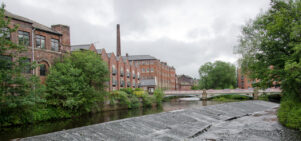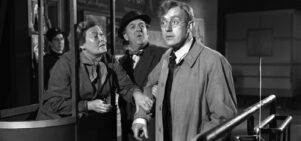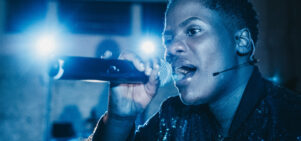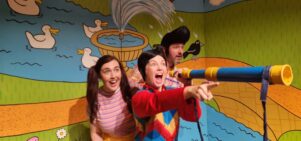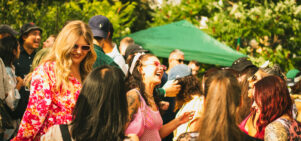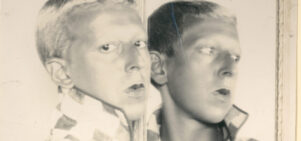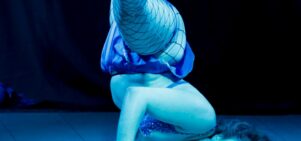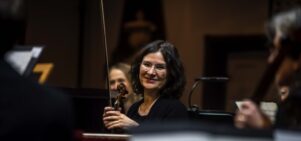The Imitation Game at Manchester Art Gallery, preview: ARTificial intelligence
Desmond BullenThe world’s first stored-program computer was built in Manchester, so there is no better location for The Imitation Game – a groundbreaking exhibition exploring machines and their meaning.
Alan Turing was only half right. When he flicked the switch that would transform the fiction of artificial intelligence into a science, the test for a digital imitation of life was based on how closely it could imitate thought. But sense cannot be divided so readily from sensibility, as another adopted Mancunian – and the UK’s first professor of neurosurgery – Sir Geoffrey Jefferson recognised. Thinking in the absence of feeling is like the binary zero without its singular counterpart.
What a genius like Turing failed to see obvious to more modern Prometheans; from Roy Batty’s act of replicant mercy in Blade Runner to Johnny Five’s slapstick pacifism, an automaton without emotions is no more than a puppet on a string. It is no coincidence, then, that the world’s first stored program computer, built in Manchester, was nicknamed ‘Baby’.
Eight international contemporary artists exploring the theme of machines and the imitation of life
Manchester Art Gallery’s latest exhibition, The Imitation Game (13 Feb-5 June), is part of a different kind of programme; the cultural twin to the city’s recognition as the 2016 European City of Science. The various commissions might take palette knives rather than scalpels to the body of the machine, but their biopsies are no less incisive.
Artist Ed Atkins returns to the gallery with the final version of his Manchester International Festival 2015 project Performance Capture, in which MIF artists and organisers were captured on a computer, digitally modelled, cut and soundtracked, before being screened as a single multi-persona avatar. Recalling the computer age in its very infancy, meanwhile, is David Link’s LoveLetters 1.0, a digital re-enactment of a device created by British computer scientist Christopher Strachey’s; an appropriately playful early algorithm generator that blindly put together fervent billets-doux from a pre-selected romantic words.
An even more poignant evocation of the human predisposition to see our reflection in the output patterns of electronics is Mari Velonaki’s mechanical tragedy, Fish-Bird, in which two wheelchairs (Fish and Bird) carry out a limbless ballet of a love that can never be, attempting to communicate through movement and text. Nevertheless, like thought and feelings, like ones and zeroes, like science and art, the meaning of Fish and Bird arises in the relationship between the two; the synthetic is also the synthesis. The Imitation Game, it seems, only reveals the original, in all its chaotic improbability.

